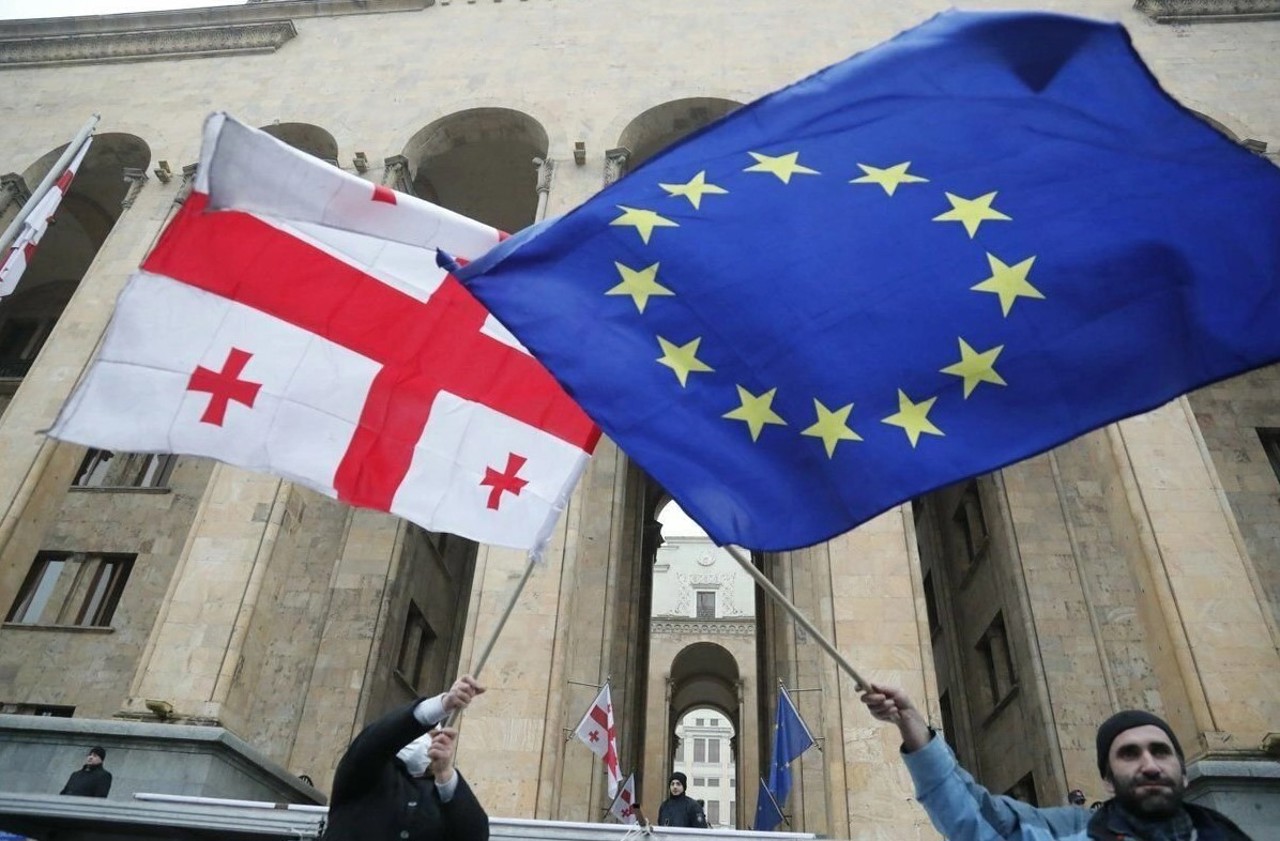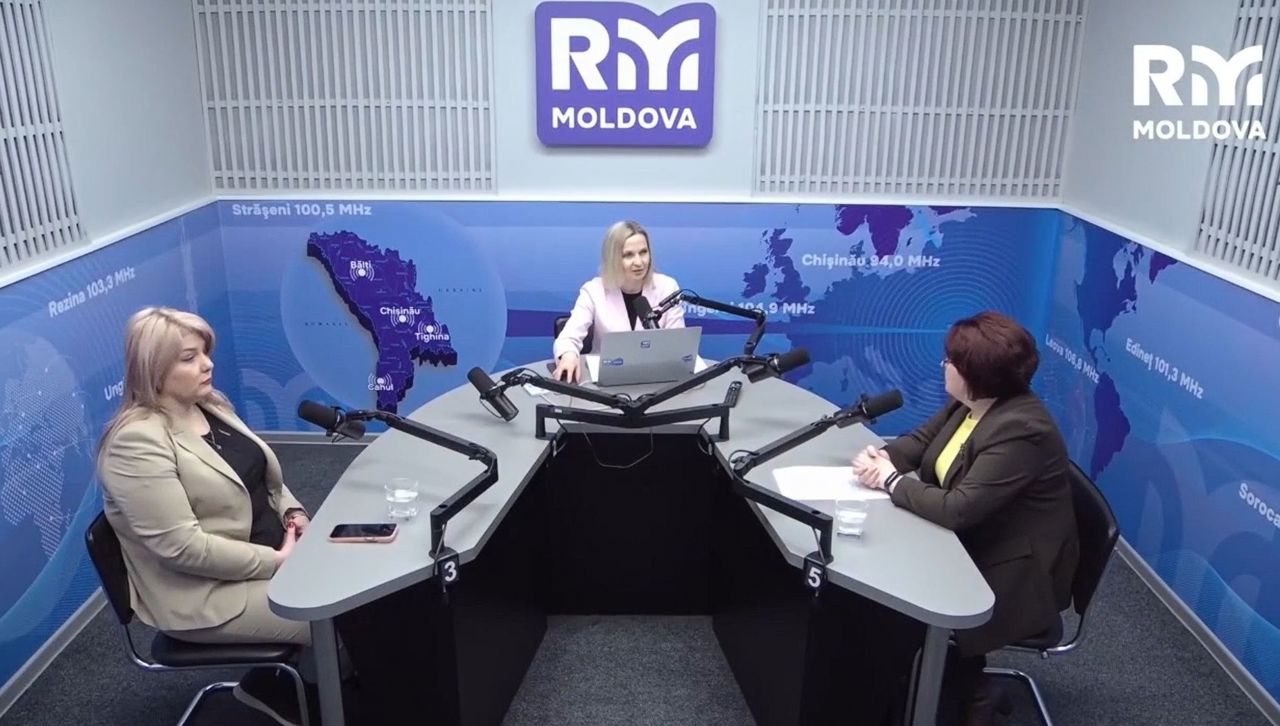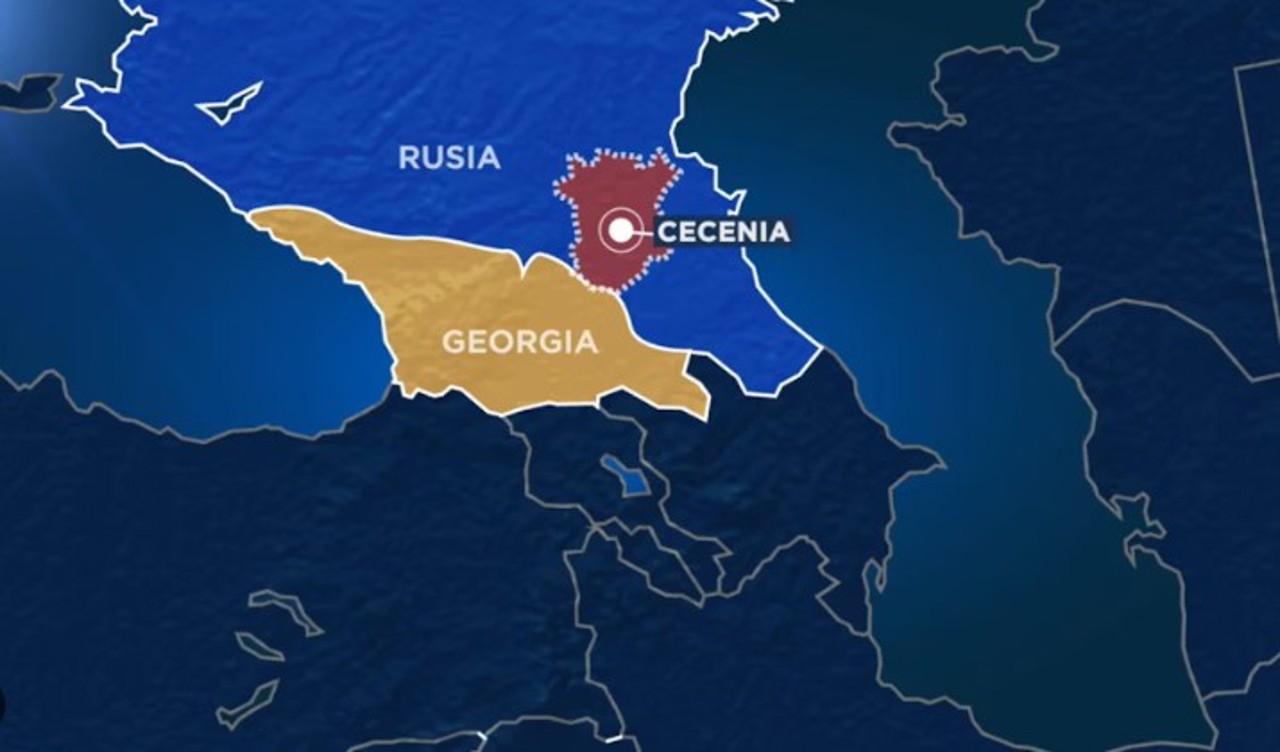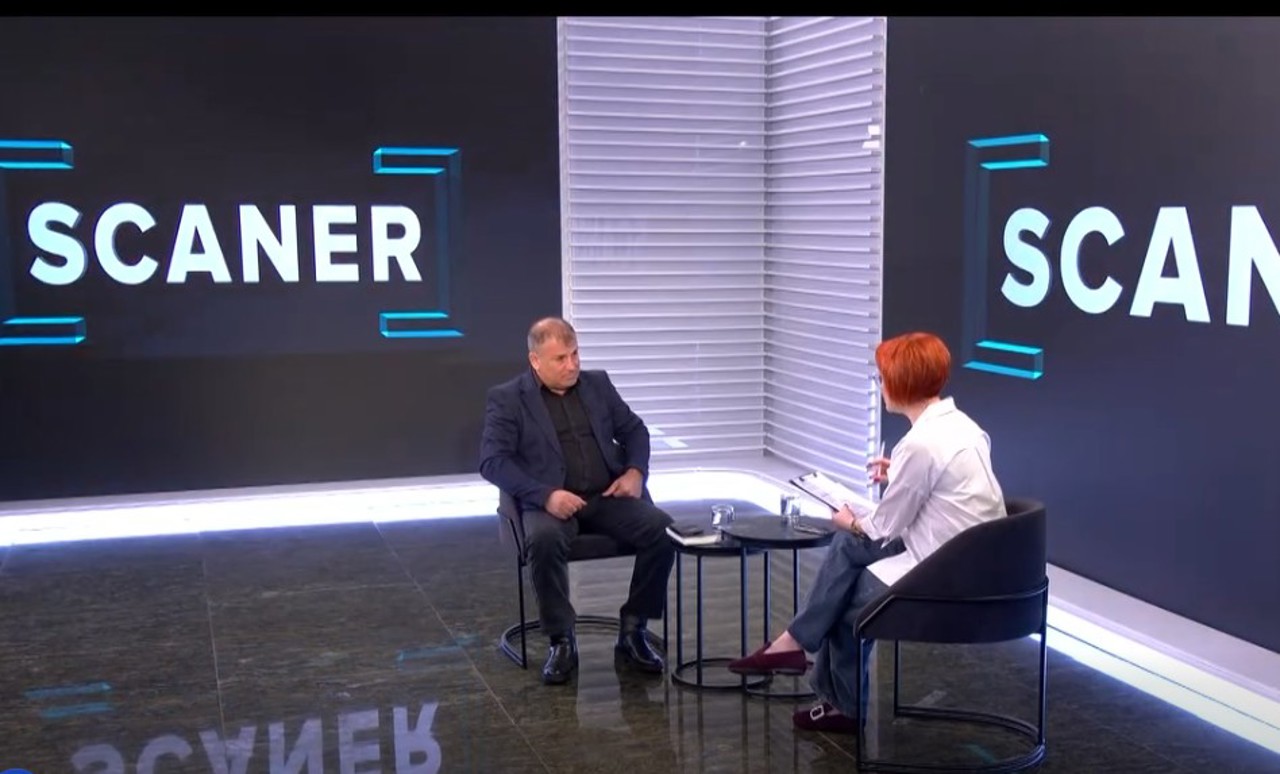Georgia's accession to the European Union is stopped
Georgia’s hopes of joining the European Union have been put on ice, just months after the South Caucasus country was granted candidate status, the bloc’s ambassador announced, Politico reports.

Speaking at an event on EU enlargement in Tbilisi on Tuesday, Brussels’ envoy, Paweł Herczyński, said that “regrettably, Georgia’s EU accession process is stopped for now” after a decision by the leaders of member countries last month.
The move comes after widespread condemnation over the governing Georgian Dream party’s introduction of a new law that will brand Western-backed NGOs and media outlets as “foreign agents.” Critics and legal experts say the legislation mirrors rules used by Russia to crush dissent and shutter civil society groups.
Tens of thousands of Georgians took to the streets to protest the bill, which was voted into force by lawmakers at the end of May, while riot police used tear gas and batons to disperse the crowd. Opposition leaders have been detained and beaten by authorities, and both the EU and U.S. have condemned the violence.
Georgia’s ruling party claims the laws are needed to prevent foreign interference. However, its introduction alongside another Moscow-inspired bill, which would strip LGBTQ+ people of their rights in the name of combating “propaganda,” and increasing anti-West rhetoric has sparked fears for the country’s trajectory.
Washington has even imposed sanctions on leading Georgian Dream politicians, who it says are “complicit in undermining democracy in Georgia” and undermining its path to the EU. Brussels warned the so-called foreign agent law is incompatible with membership, after granting Georgia candidate status last December, despite warnings of backsliding on human rights and a failure to implement key reforms.
According to Herczyński, the decision to freeze Georgia’s membership process will also see the suspension of financial assistance from the European Peace Facility, the EU’s off-budget resilience fund, with €30 million in payments paused. Sectors like agriculture, winemaking and other key industries are dependent on support from the EU and U.S. aid agencies.






